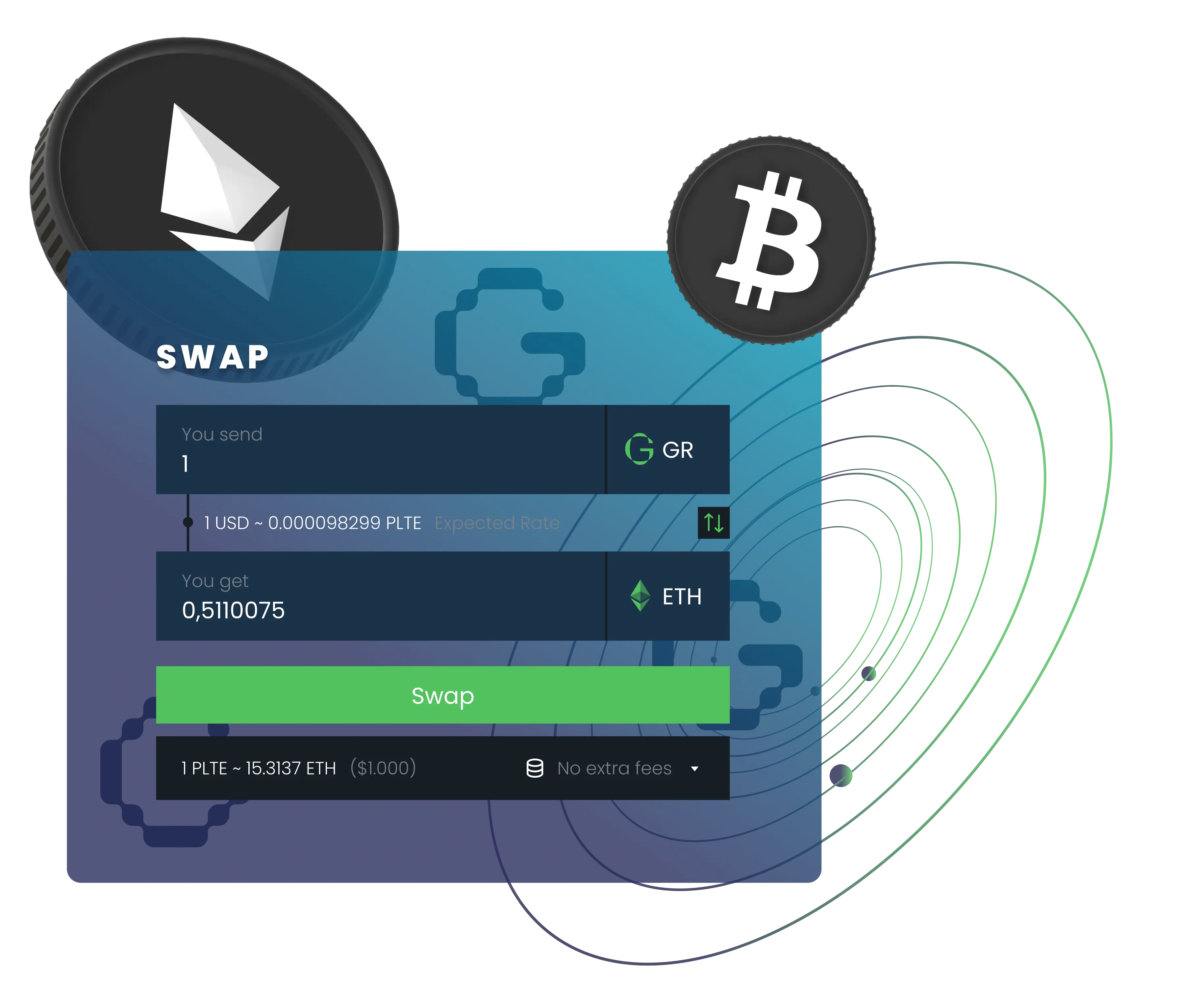Zero Knowledge Proofs
Zero Knowledge Proof (ZKP) is a cryptographic concept that allows data verification without revealing the data itself. The proof occurs by transforming data to an obfuscated and undecryptable format and only allows confirming the data's correspondence to given input parameters through receiving a TRUE or FALSE reply.
KYC system based on ZKP doesn't reveal users' data, but it’s still able to verify its validity for the financial system. ZKP can be implemented in a custom KYC system to make it more reliable and secure for users.
Our solution uses a cutting-edge Halo2 protocol, which is a new development in a SNARK algorithms family. Utilizing on this protocol, we provide an automated and distributed KYC system which is significantly safer for users and their personal data than most other modern KYC systems.
Just as any other ZK project, our solution provides Prover and Verifier components, which are the core of the whole ZKP concept.
In our solution, Prover is a component which is tightly integrated with the data registry, where users’ personal data is being stored. Prover may be integrated with any SQL database and composes the Zero Knowledge Proofs based on given data for each user on demand.
Verifier is located on the blockchain part of our solution and is designed as a “system contract”, which means that it’s integrated into the blockchain node. Verifier allows verification of any ZK proofs composed by our Provers and only those proofs, that are composed by them.
Also, it’s important to mention that our solution doesn’t require a trusted setup nor any ceremonies related to it, in the contrary to most other SNARK-based ZK solutions. This allows for a more flexible and updatable approach to the system.
Development process
PLANNING AND TECHNICAL DETAILS
Meeting with the client to determine exact requirements and desired functional capabilities of the project.
ARCHITECTURE DESIGN
Designing the project’s architecture, creating a development and integration plan, and establishing system components and interactions.
DEVELOPMENT AND IMPLEMENTATION
Commencing product development, including coding, integrating components, and managing ongoing refinement and feature implementation.
TESTING AND REFINEMENT
Performing thorough testing, identifying and resolving issues, and ensuring the product meets all performance and functionality requirements.
Release and Support
Managing the product launch, overseeing deployment, and providing post-release support.
Team in project
PROJECT MANAGER
Manages processes, coordinates deadlines, communicates with clients, and gathers requirements.DEVOPS
Manages infrastructure, automates processes, handles CI/CD, monitors systems, analyzes data, and ensures security.BACK-END DEVELOPER
Develops server-side logic, manages databases, works with programming languages and frameworks, handles authentication and security, and documents processes.cryptography engineer
Develops encryption algorithms, ensures data security, analyzes cryptographic vulnerabilities, and integrates encryption into applications.QA-ENGINEER
Plans and executes tests, performs both manual and automated testing, creates reports, interacts with developers, and participates in release activities.
Services in case
Same Articles
All Articles
Extreme Optimization of GasToken
In this article, we will delve into optimizing GasToken. It's important to note that it is no longer relevant to the Ethereum network. In 2021, the London hard fork introduced EIP-3529 because the GasToken economy was inefficient. The Binance Smart Chain (BSC) continues to use this mechanism.

Basics of a Smart Contract
Smart contracts are pieces of code that execute an action when certain conditions are met.
Cases










